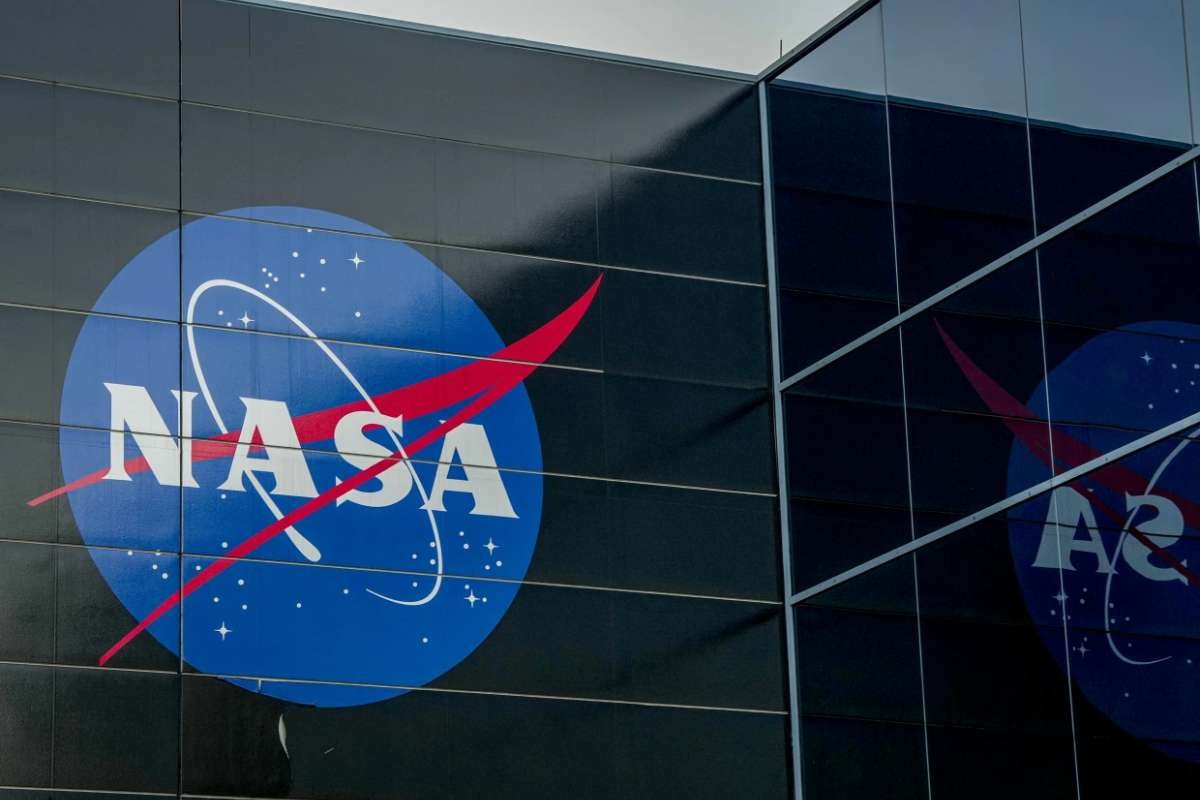The U.S. space agency NASA is facing one of the most severe funding reductions in its history under the proposed fiscal year 2026 budget. Released quietly late on Friday, May 30, 2025, the budget details reveal sweeping NASA Budget cuts that would dramatically scale back scientific exploration in favor of ramping up space exploration initiatives. The total proposed budget for NASA is $18.8 billion, down nearly 24% from the $24.9 billion allocated in fiscal year 2025.
This dramatic decrease marks the steepest year-over-year budget cut for NASA since the early 1960s, adjusted for inflation. Alongside the funding reduction comes a proposed cut of one-third of NASA’s workforce, shrinking its number of civil servants from 17,391 to 11,853. These numbers highlight the potential long-term damage to the agency’s scientific capabilities and institutional knowledge.
Critics of the NASA budget cuts argue that these reductions could severely undermine America’s leadership in space science. The cuts target some of the very programs that helped NASA achieve major milestones, such as the New Horizons mission to Pluto and the discovery of thousands of exoplanets through the Kepler Space Telescope.
Space Science Faces an “Extinction-Level” Threat
While the overall agency is set to lose nearly $6 billion, the most devastating blow appears aimed at NASA’s Science Mission Directorate, the division responsible for Earth and planetary science. According to advocacy group The Planetary Society, the proposed budget would slash science funding by a staggering 47%. This would not only terminate dozens of active space missions prematurely but also cancel projects currently in development and reduce future opportunities for scientific discovery and innovation.
The Planetary Society has launched a petition urging the public to oppose the NASA Budget cuts, describing them as an “extinction-level event” for Earth and space sciences. The petition warns that, if enacted, the budget would result in the unnecessary destruction of valuable scientific spacecraft, disrupt key research initiatives, and erode opportunities for future scientists and engineers.
These cuts come at a time when interest in space science is growing worldwide, and when international collaboration and competition in space exploration are more active than ever. Opponents of the proposed budget argue that gutting NASA’s science programs not only diminishes America’s scientific edge but also hinders global efforts to understand planetary systems, climate change, and the broader universe.
Public Response Builds as Congress Reviews the Proposal
Although the proposed NASA Budget cuts have sent shockwaves through the scientific community, they remain just that proposals. The budget must still be reviewed and approved by the U.S. Congress, giving citizens and lawmakers the opportunity to influence the outcome. Advocacy groups are encouraging both American citizens and global space enthusiasts to take action. U.S. residents are being urged to contact their congressional representatives, while people around the world can sign the Planetary Society’s petition.
As the debate over NASA’s future intensifies, one thing is clear: the proposed budget would mark a significant retreat from decades of scientific progress. Whether Congress will accept or reject these dramatic NASA budget cuts remains uncertain, but the outcome will shape the trajectory of space science for years to come.
The White House’s proposed budget would drastically reduce NASA’s science funding, threatening numerous missions. Public advocacy and congressional review offer a chance to reverse course.
Visit The Lifesciences Magazine to read more.







